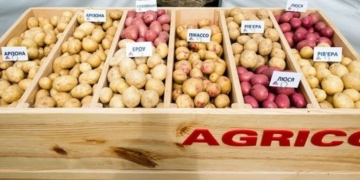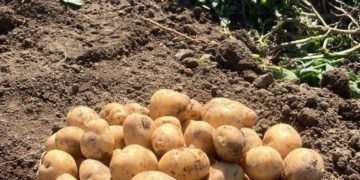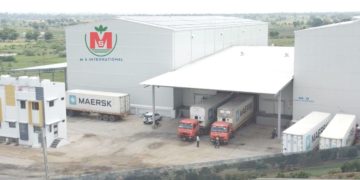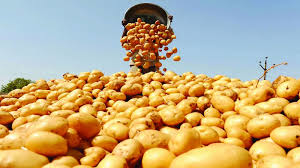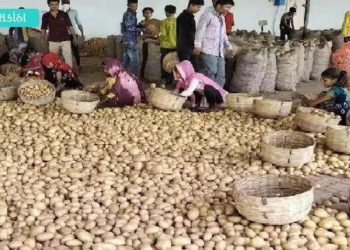Bangladesh, once self-reliant in potato production with a surplus that allowed exports to 16 countries, has now started importing potatoes to meet growing demand. Three years ago, potato exports hit a record 200,000 tonnes, but this trend has reversed.
In addition to potatoes, exports of other agricultural products like green chillies, tomatoes, and carrots are also declining. According to the National Board of Revenue (NBR), Bangladesh imported 98,731 tonnes of potatoes at a cost of $15.7 million in the 2023-24 fiscal year, while exporting only 12,352 tonnes, earning $3.8 million.
Experts suggest that improving market management and preservation systems could reduce the need for imports and boost exports, ensuring fair prices.
From Export to Import
Bangladesh, ranked seventh in global potato production, had not imported potatoes for 52 years until the 2022-23 fiscal year. However, due to skyrocketing prices, the commerce ministry allowed potato imports starting on November 2, 2023, through various land ports.
The Department of Agricultural Extension (DAE) permitted the import of 530,000 tonnes of potatoes in the 2023-24 fiscal year. Despite importing about 98,000 tonnes at a cost of $15.7 million, potato production is reportedly on the rise, with 10.9 million tonnes produced in the 2023-24 fiscal year. However, 15% of this production is wasted, leaving about 9.3 million tonnes for consumption, nearly meeting the demand.
Decline in Potato Exports
Potato exports, which began gradually in 1999, peaked at 208,000 tonnes in the 2020-21 fiscal year but have since declined sharply. In the current fiscal year, only about 12,000 tonnes were exported. Export destinations have decreased from 16 to 11 countries, and cash assistance for potato exports was reduced from 20% to 15%.
Ferdousi Begum, president of the Potato Exporter Association, noted that the cost of exporting potatoes has increased, making it less profitable. She emphasized that better market management could help meet domestic demand and boost exports.
Rising Import Dependency
The import of agricultural products like onions, garlic, and lentils is increasing due to production shortages. Even products that were once self-sufficient are now being imported. Agricultural economist Jahangir Alam highlighted the need for accurate data on agricultural production to help the government plan for increased production and reduce import dependency.






